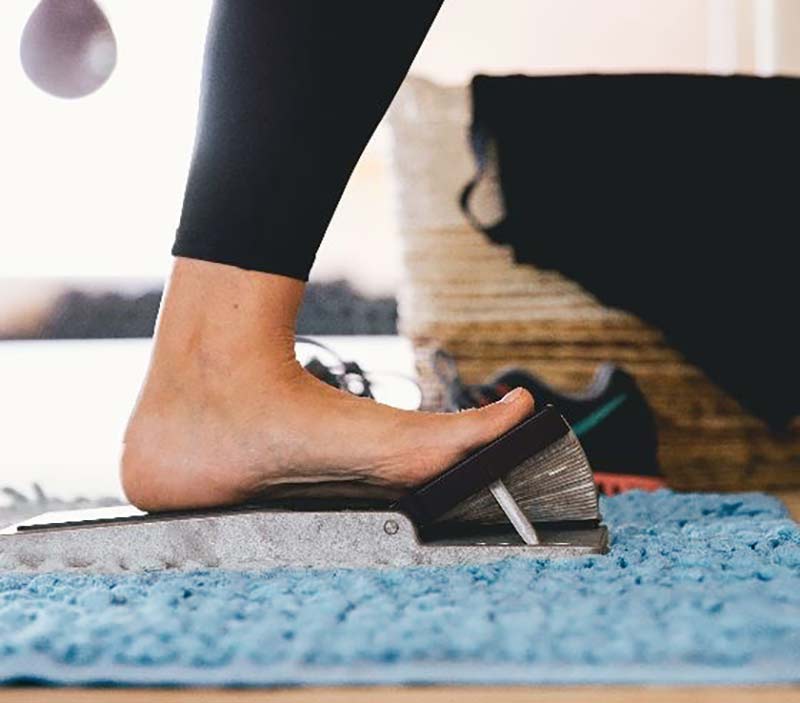Arch support plays a crucial role in the treatment and management of plantar fasciitis, a common foot condition characterized by inflammation of the plantar fascia a thick band of tissue that connects the heel bone to the toes. The plantar fascia acts as a shock absorber and supports the arch of the foot during activities like walking, running, and standing. When the arch is not adequately supported, excessive strain is placed on the plantar fascia, leading to micro-tears, inflammation, and pain in the heel and bottom of the foot. Proper arch support helps distribute pressure more evenly across the foot, reducing stress on the plantar fascia and promoting a more natural foot alignment. This is particularly important for individuals with high arches or flat feet, as these foot structures can predispose individuals to developing plantar fasciitis due to improper weight distribution and biomechanical issues. Shoes with built-in arch support are essential for individuals with plantar fasciitis.

These shoes are designed to provide structural support to the arch and heel, helping to stabilize the foot and reduce the strain on the plantar fascia. Look for shoes that have a firm arch support that matches the natural shape of your foot. Custom orthotic inserts can also be beneficial for those who need additional support or have specific foot irregularities that require correction. Orthotic inserts are designed to provide customized support to the arch and heel, helping to maintain proper foot alignment and reduce the risk of overpronation or supination common biomechanical issues that can contribute to plantar fasciitis. These inserts can be made from a variety of materials, including foam, gel, or rigid plastic, depending on the individual’s specific needs and preferences. In addition to footwear and orthotic inserts, arch support can also be enhanced through stretching and strengthening exercises. Stretching the calf muscles, Achilles tendon, and plantar fascia helps improve flexibility and reduce tension in these areas, which can alleviate strain on the plantar fascia.
Strengthening exercises, such as toe curls, towel scrunches, and calf raises, can help strengthen the muscles that support the arch and promote overall foot stability. For individuals experiencing persistent or severe plantar fasciitis symptoms, orthopedic devices such as night splints may be recommended. These devices help stretch the plantar fascia and Achilles tendon while sleeping, reducing morning pain and stiffness associated with history of plantar fasciitis. They can also help maintain the foot’s natural position and prevent further damage to the plantar fascia. Overall, the importance of arch support in plantar fasciitis treatment cannot be overstated. Properly supporting the arch helps alleviate pain, reduce inflammation, and promote healing of the plantar fascia. Whether through supportive footwear, custom orthotic inserts, stretching exercises, or orthopedic devices, incorporating arch support into a comprehensive treatment plan is essential for managing plantar fasciitis effectively and preventing recurrence of symptoms. By addressing biomechanical issues and supporting the foot’s natural structure, individuals can improve their overall foot health and quality of life.